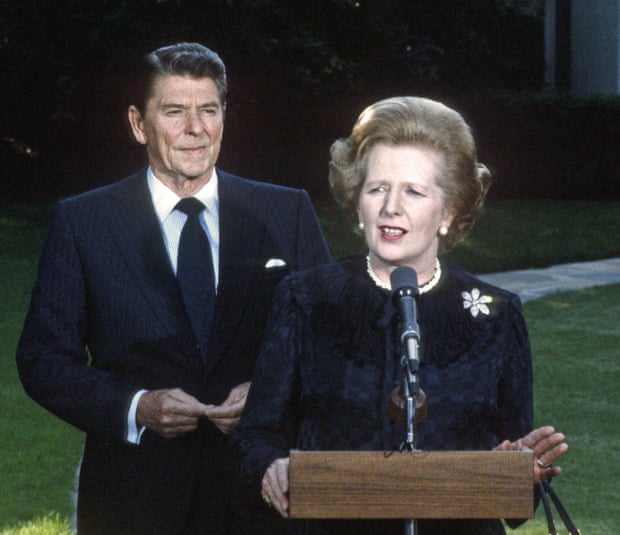In his youthful second book, an enthusiastically received novel called The Romantics (2000), Pankaj Mishra portrays young men from provincial India who immerse themselves in modern intellectual history. Like many students from the provinces before him, Mishra’s main character seeks his place largely through reading. But unlike those earlier generations, he explores who to become not just in his new city, but in globalized modernity.
Mishra’s hero reads Gustave Flaubert’s coming-of-age novel, Sentimental Education, and Edmund Wilson’s interpretation of it as a commentary on exclusion and its consequences. He shares his reading with a more politically aware friend, almost embarrassed by his own bookishness. But when they meet again years later, it turns out that his friend has taken Wilson’s essay very seriously. For in nineteenth-century Europe and its struggles, he discovered an environment much like his own. Although a new world of moral and material possibilities seemed to open up before the young men of his generation, now, as then, only a few would actually succeed in their strivings. Flaubert captured the mismatch that a modern youth experienced between “large, passionate, but imprecise longings” and the “slow, steady shrinking of horizons.” The European bildungsroman addressed what has become a worldwide situation in our time.













































